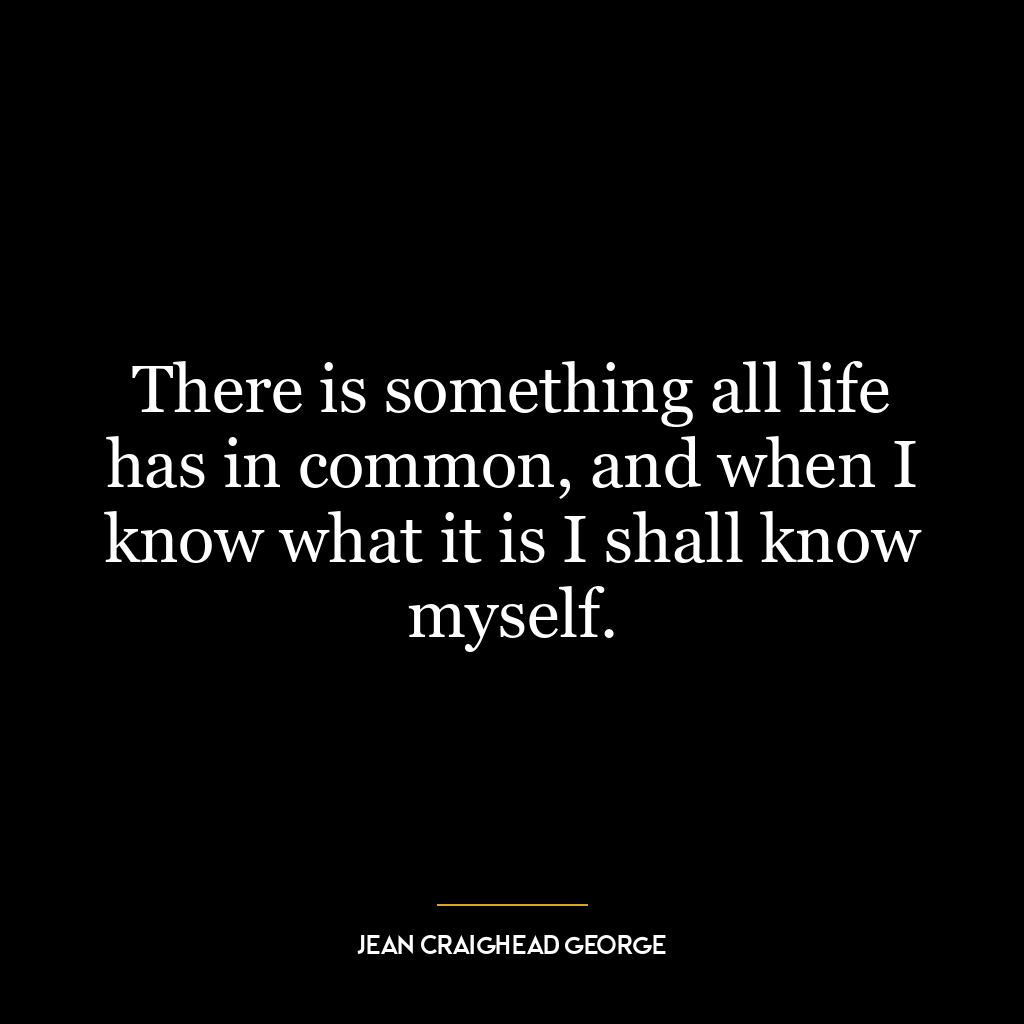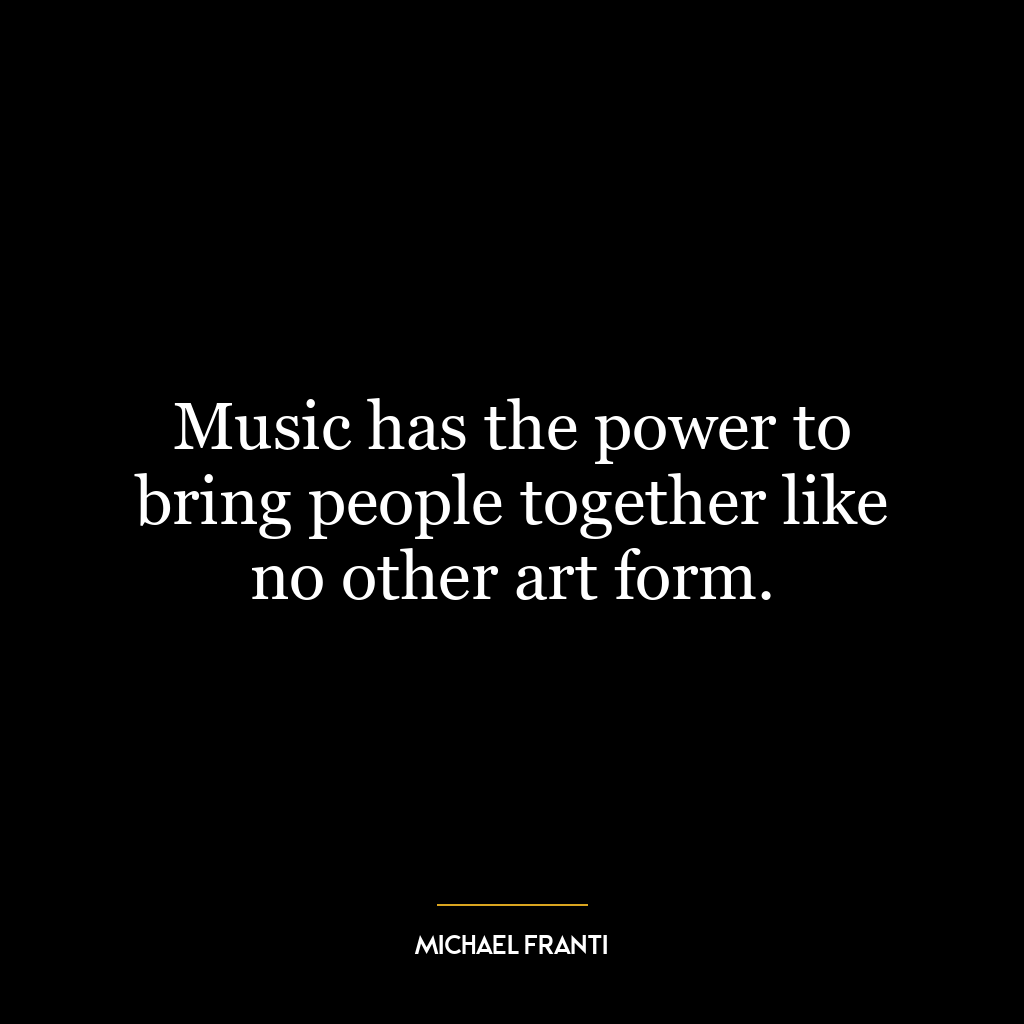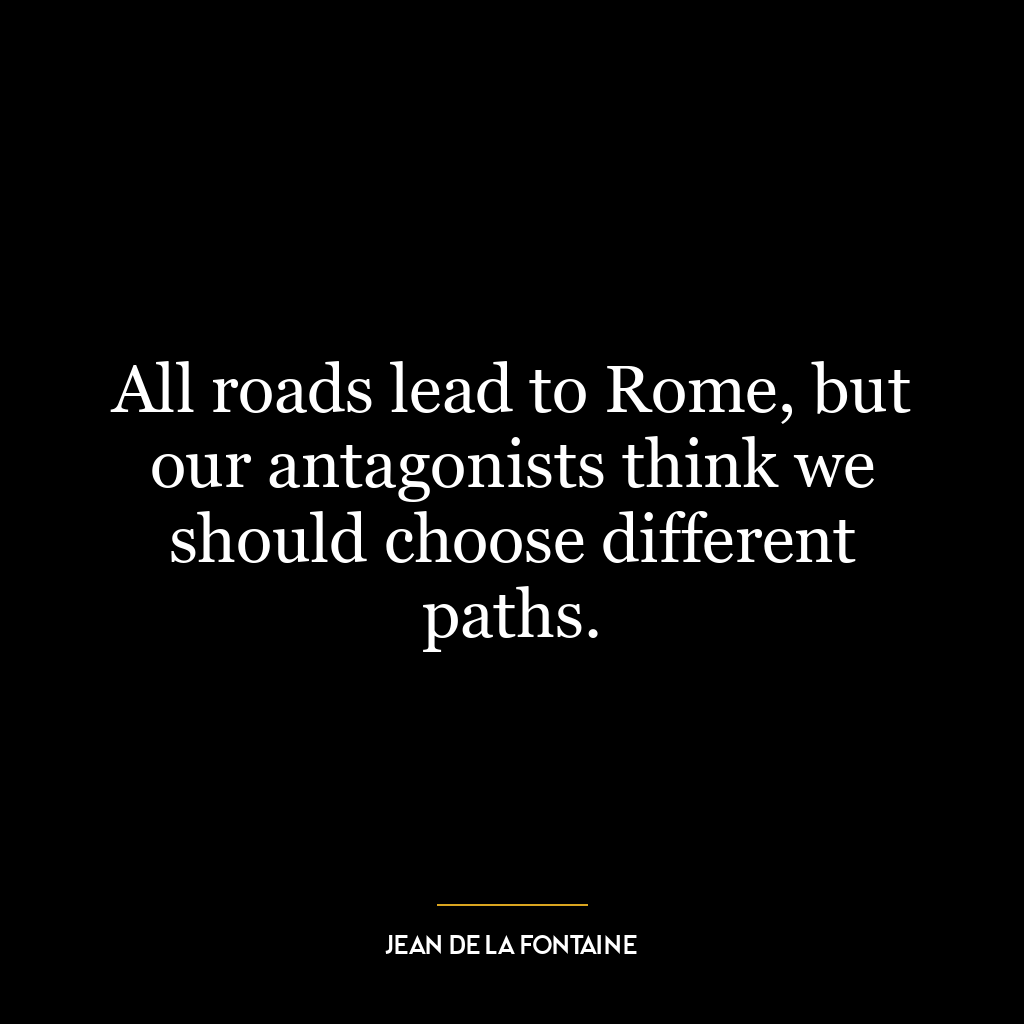I have nothing of the communalist in me because my Hinduism is all inclusive.
This quote by Mahatma Gandhi means he does not identify with the concept of communalism, which is a political philosophy that emphasizes the connection between the community and its members. Instead, he identifies as a Hindu, but his interpretation of Hinduism is all-inclusive. This means Gandhi’s understanding and practice of Hinduism does not exclude or discriminate against anyone based on their religion, race, caste or any other social categorizations.
Gandhi’s perspective on religion was one that transcended boundaries. His version of Hinduism was not confined to rituals or dogmas; it was a way of life that promoted universal brotherhood and respect for all religions. He believed in the unity of all living things and in the spiritual interconnectedness of humanity.
Applying this idea to today’s world would mean practicing inclusivity and embracing diversity within our communities. It suggests moving away from divisive ideologies that create “us” versus “them” mentalities based on religious beliefs or cultural backgrounds. Instead, it encourages us to accept different faiths, cultures and ideologies while maintaining our own identities.
In terms of personal development, this quote can be seen as advocating for open-mindedness and acceptance. By adopting an inclusive mindset like Gandhi’s interpretation of Hinduism we can broaden our perspectives, learn from others’ experiences which are different from ours thereby enriching our own personal growth journey.
It also calls for introspection about how we view those who are different from us – do we see them through lenses colored by prejudice? Or do we embrace them as fellow human beings with their unique experiences? By choosing to practice inclusivity like Gandhi did with his version of Hinduism – accepting everyone regardless their differences -we nurture empathy within ourselves leading towards a more harmonious society.








